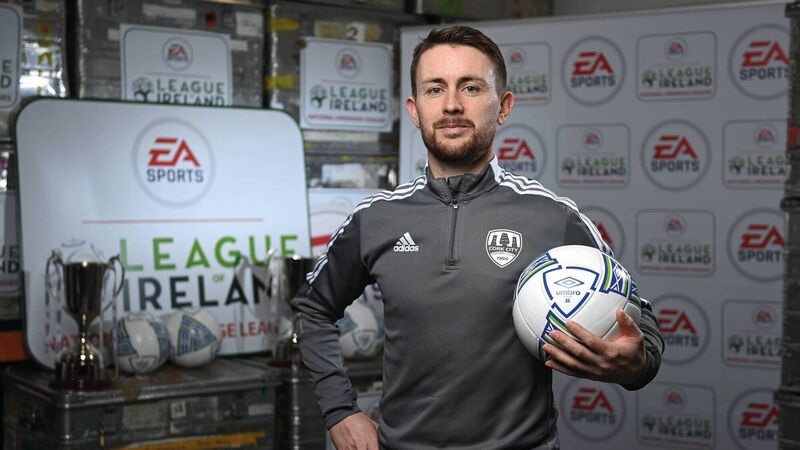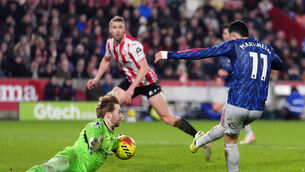John Fallon: Misplaced priorties costing underage leagues

Liam Kearney’s job these days is to unearth the next Doyle or Shane Long, coordinating the suite of four national underage league squads at U14, 15, 17 and 19 levels. Picture: Seb Daly/Sportsfile
In times of scarce resources for his Cork City academy, Liam Kearney feels no shame in getting by with a little help from his friends.
The "Conna Maradona" played alongside many a gifted team-mate during his time at City but Kevin Doyle, who departed for fame and fortune at Reading midway through their 2005 title-winning season, is up there with the finest.












